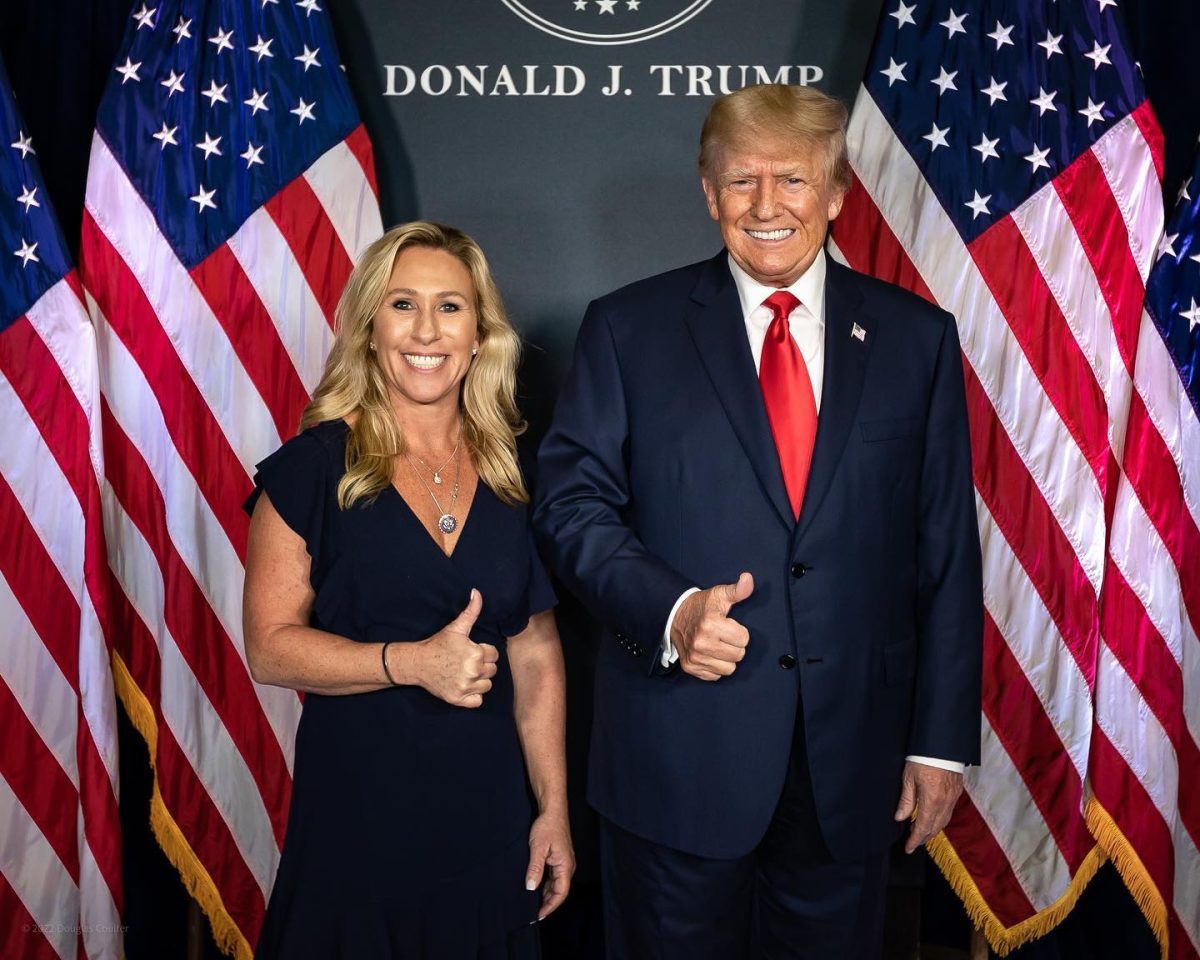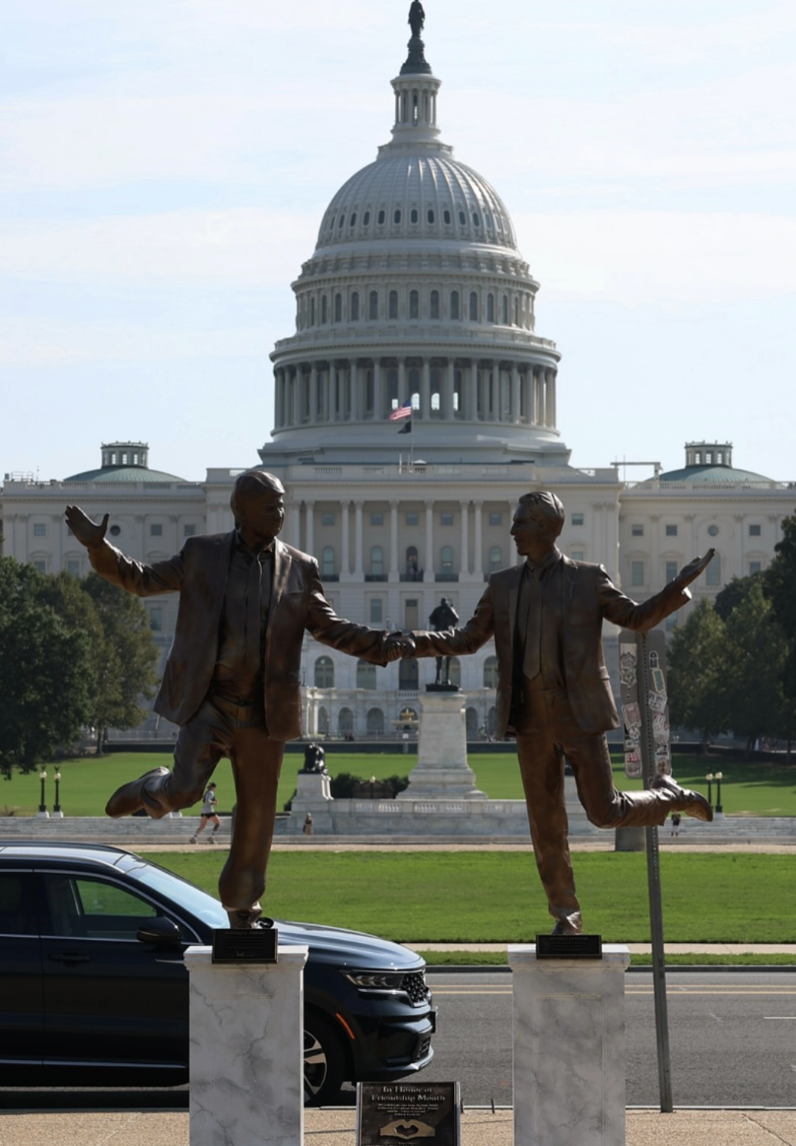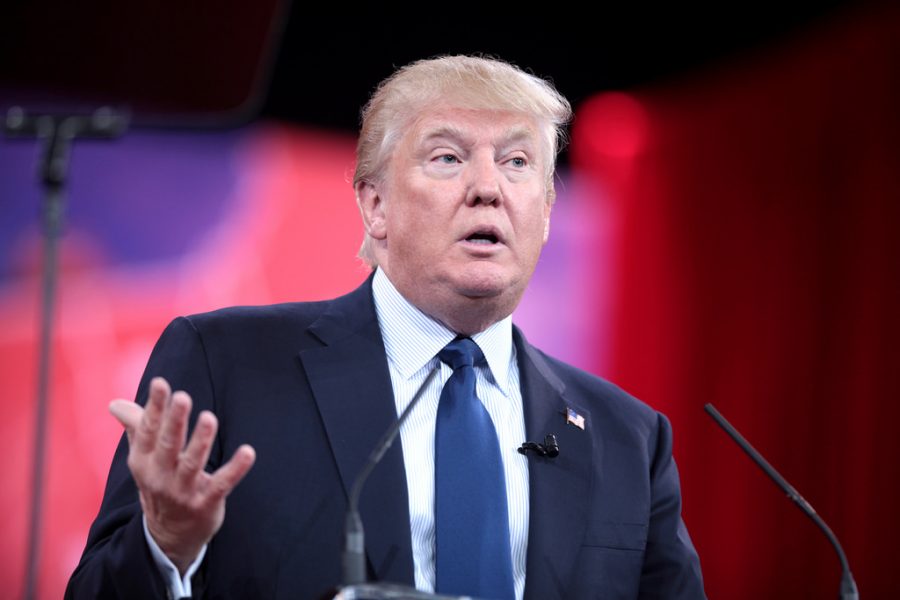Spread of Fake News Causes Controversy and Confusion
Photo by www.politicususa.com
President Donald Trump has aided in the spread of the term fake news.
January 22, 2017
Within the past year, the term”Fake News” has become widely used, especially by political figures. Fake news can be described as news that is either fabricated completely, or that has been altered to push a narrative, often times for political agendas. This spread of fake news has had several consequences, both toward the reputations of certain news publications, as well as the spread of misguided information being presented to the public.
With the past year being an election year, political figures were always looking to gain advantages against those they were running against. Media outlets, such as CNN, MSNBC, and Fox News have been accused of leaning toward a political bias. As a result, these outlets will either attack or promote certain candidates. In the Presidential Election, Democratic candidate was Hilary Clinton, while Republican candidate was Donald Trump. Trump, who won the election, has repeatedly referenced fake news, often citing these news publications as evidence.
Donald J. Trump on X (formerly Twitter): “FAKE NEWS – A TOTAL POLITICAL WITCH HUNT! / X”
FAKE NEWS – A TOTAL POLITICAL WITCH HUNT!
Attacks On Reputations
News organizations rely on credibility, as readers must be able to trust the news they are receiving. Yet, the insinuation that some news outlets are providing fake news can damage their reputations. Trump has recognized this, and has utilized it to his advantage. When unsupportive news is reported on Trump, he has turned to fake news to combat these reports.
Recently, Buzzfeed published a dossier about Trump. Within the dossier were claims that Russia has information they could potentially use to blackmail the President. However, Trump chalked it up to fake news, complicating things further. The accusation that this piece of information is fake news has led to speculation on whether or not the story is credible, and as a result whether Buzzfeed itself is a credible organization. If the editors of Buzzfeed could allow this story to be published, a story that the President is claiming is unsubstantiated, then it calls into question their credibility. As a result, readers may be less inclined to take their news seriously, all due to the claim of fake news.
Journalists rely on credibility in order to gather the information necessary to properly report a story. In order to obtain the details of a story, they must have access to interview those necessary. However, if the journalists are deemed not trust worthy, subjects would be less inclined to answer questions. President Trump exemplified this, when he refused to answer questions to a CNN reporter, calling them fake news.
Bradd Jaffy on X (formerly Twitter): “Here’s the exchange where CNN’s Jim @Acosta tries to ask Trump a question and the President-elect refuses pic.twitter.com/LlwmhPj5w3 / X”
Here’s the exchange where CNN’s Jim @Acosta tries to ask Trump a question and the President-elect refuses pic.twitter.com/LlwmhPj5w3
False–Information Taken As Facts
Fake news has emerged as a term, due to the fact that fabricated news has been spreading. With the emergence of social media, there are many outlets for people to spread false information. People then have the tendency to not vaildate the sources from which they obtain their news. As a result this fake news can be taken seriously.
Some have been caught faking news, usually in relation to politics, in order to influence voters. An unflattering piece about Hilary Clinton was fabricated in order to push Trump up in the polls. All done in a matter of minutes, yet it was shared 6 million times.
Fake news is a term that is being thrown around, and it is blurring the lines of journalism. The line between what is validated news and what is not is murky, and it is tougher to know what news to trust. Fake news however, will surely continue to be used and created with social media and the President fervently utilizing the term.







































